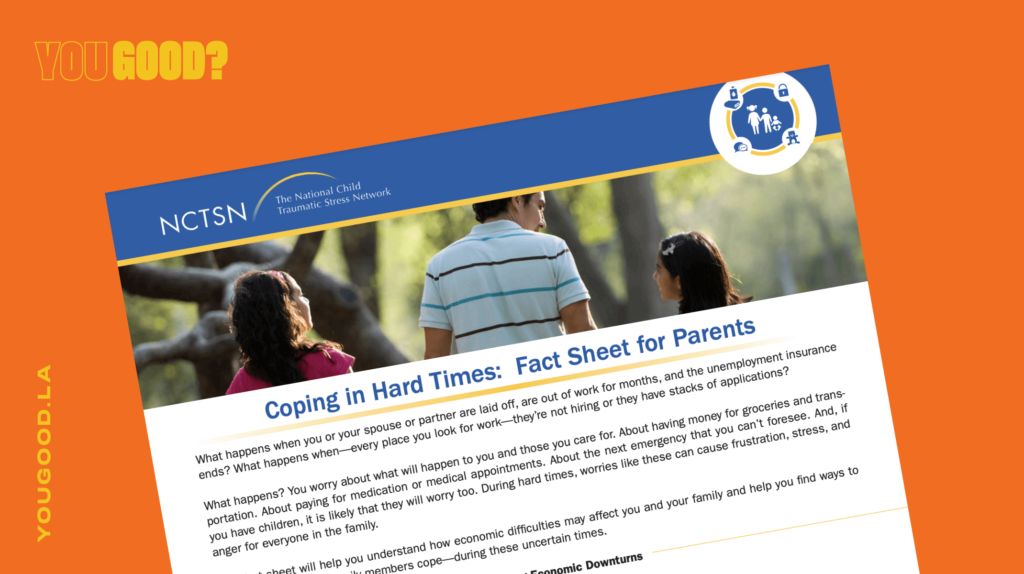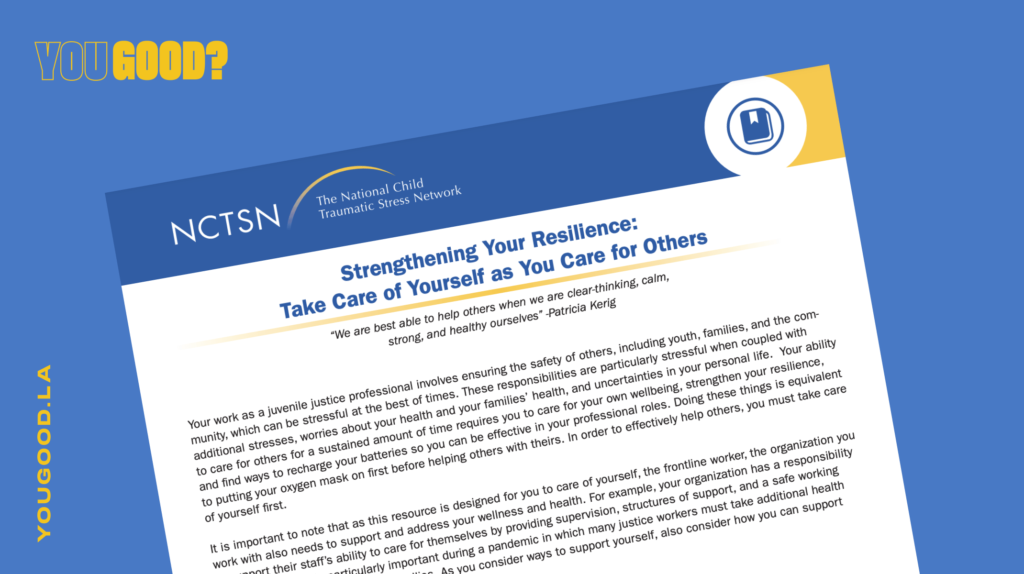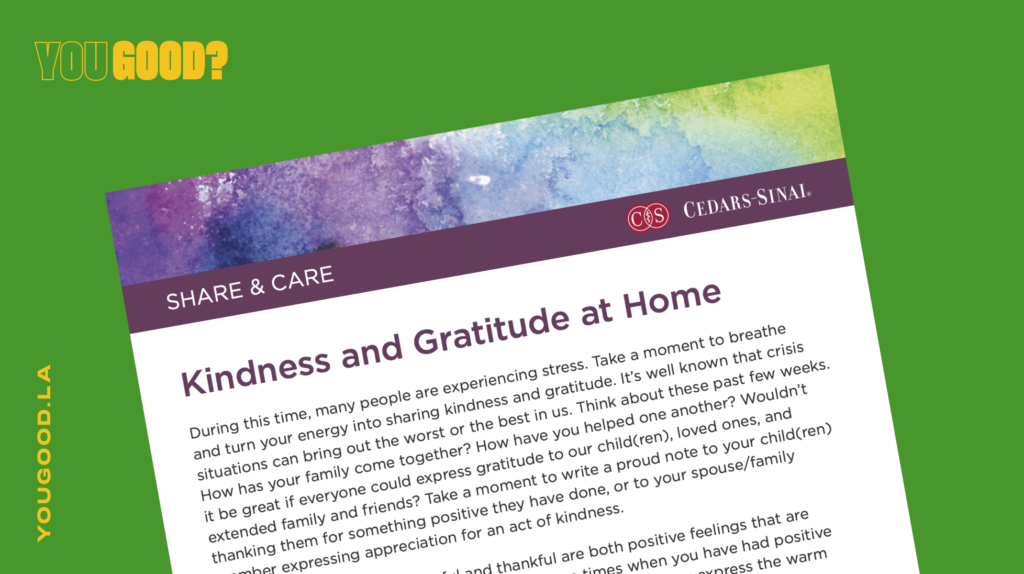Professionals working with individuals who have experienced trauma are themselves at an increased risk for secondary traumatic stress (STS). Our trauma-informed group model, called the Stress-Less Initiative, strives to reduce STS and address unresolved trauma reactions in an effort to maintain professionals’ physical and mental health.1
What is STS?
Secondary traumatic stress (STS) is defined as the emotional duress that results when an individual hears about the first-hand traumatic experiences of another. Its symptoms mimic those of post-traumatic stress disorder (PTSD).
“This work can be so intense at times, and sometimes it’s hard to process all that goes on with patients … It helps to process with my coworkers who really understand the work and have been there before.”
How Stress-Less Helps
- Group setting provides staff with peer support, opportunities for growth and development, and skills to reduce STS
- Offers an opportunity for team members to address their own health needs in the context of engaging in intense trauma work
- Allows team members to share and process their individual experiences, as well as challenges and rewards of the work they do, in a meaningful and structured format
Goals of Stress-Less
- Encourage early identification of STS and burnout
- Increase awareness of thoughts, feelings, behaviors, and physical manifestations of stress
- Increase trust and safety among team members
- Encourage proactive organizational support
- Normalize and validate STS symptoms and remove stigma of disclosure
- Instill approaches to decrease staff turnover and reduce stress associated with providing trauma-focused services
- Identify opportunities for individual growth
Session Components
- Assessment — Involves routine assessment of individual stress levels and response to stressors
- Learning — Teaches strategies for approaching trauma-focused work that enhance protective capacity
- Process — Participants share the challenges and benefits of trauma-focused work and provide validation and encouragement to peers
- Skill — Participants build skills in mind/body self-care strategies
Contact
Laura Vega, MSW, LSW
Violence Prevention Initiative
215-219-1258 | vegal@email.cho.edu
chop.edu/violence
1 Transcribed from Children’s Hospital of Philadelphia: Violence Prevention Initiative



